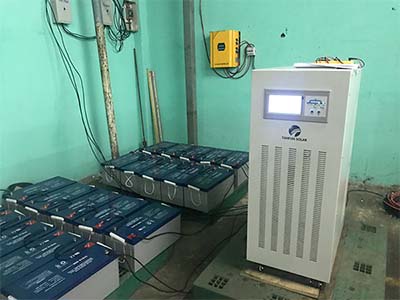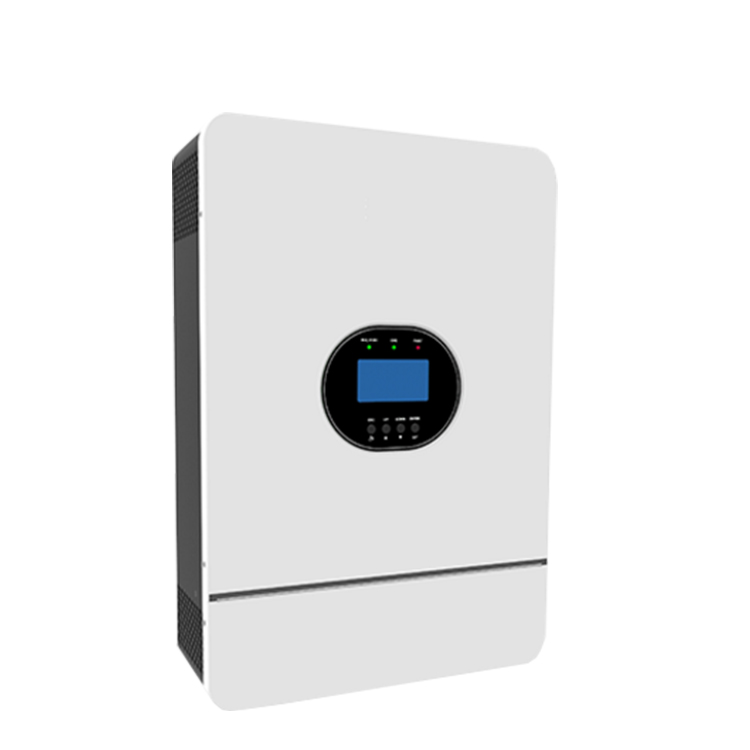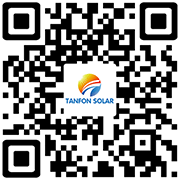 TANFON SOLAR
TANFON SOLAR
 October 16,2023
October 16,2023
Introduction
Solar power is derived from the sun's radiant energy, which is harnessed using photovoltaic cells. These cells are responsible for converting sunlight into electricity, making it an incredibly versatile and renewable resource. To understand this process better, let's delve into the basics of solar power.
The Basics of Solar Power
Solar power is essentially the conversion of sunlight into electricity. The key component for this conversion is the solar panel, a device that captures the sun's energy and transforms it into a usable electrical current.
Photovoltaic Cells
Photovoltaic cells, commonly known as solar cells, are the heart of a solar panel. These cells contain semiconductor materials, like silicon, which are crucial for generating electricity when exposed to sunlight. When sunlight hits the cells, it excites electrons, creating an electric current.
Solar Panel Installation
The installation of solar panels is a critical step in the process. Proper positioning and orientation are vital to maximize energy absorption. It's crucial to ensure the panels receive direct sunlight for most of the day.
Solar Power Generation Process
The solar power generation process primarily involves three steps: absorption of sunlight by the solar panels, conversion of sunlight into electricity by the photovoltaic cells, and the collection of electricity for use.
Inverter and Battery Systems
Solar panels generate direct current (DC), which needs to be converted into alternating current (AC) for household use. Inverters perform this conversion. Additionally, battery systems can store excess electricity for use during non-sunny periods.
Grid-Tied vs. Off-Grid Systems
Solar power systems can either be grid-tied or off-grid. Grid-tied systems are connected to the utility grid, allowing excess electricity to be sold back. Off-grid systems operate independently and store surplus electricity in batteries.
Solar Power Efficiency
The efficiency of solar power depends on factors such as the type of solar panels used, their positioning, and the local climate. Advancements in solar technology continue to improve efficiency.
Advantages of Solar Power
One of the primary advantages of solar power is its sustainability and environmental friendliness. It reduces the carbon footprint and lessens reliance on fossil fuels.
Environmental Impact
Utilizing solar power significantly reduces greenhouse gas emissions, air pollution, and dependence on fossil fuels, leading to a greener and cleaner planet.
Solar Power's Role in Reducing Energy Bills
Solar power can dramatically cut down on energy bills by providing a consistent source of electricity. Some homeowners even generate excess electricity, which can be sold back to the grid.
Solar Power Trends
The solar power industry is rapidly evolving with innovations like solar shingles and transparent solar panels. These trends are making solar energy more accessible and efficient.
Challenges and Limitations
While solar power has many advantages, it also faces challenges such as intermittent sunlight and high upfront costs. Overcoming these limitations is crucial for widespread adoption.
Solar Power for Residential Use
Many homeowners are embracing solar power for residential use. It not only provides energy savings but also contributes to a sustainable future.
Conclusion
In conclusion, electricity is generated through solar power by harnessing the sun's energy using photovoltaic cells and converting it into electricity through a well-structured process. Solar power offers numerous advantages, including environmental benefits and reduced energy bills. As technology advances, solar power is likely to become an even more prominent energy source, driving us toward a greener future.












